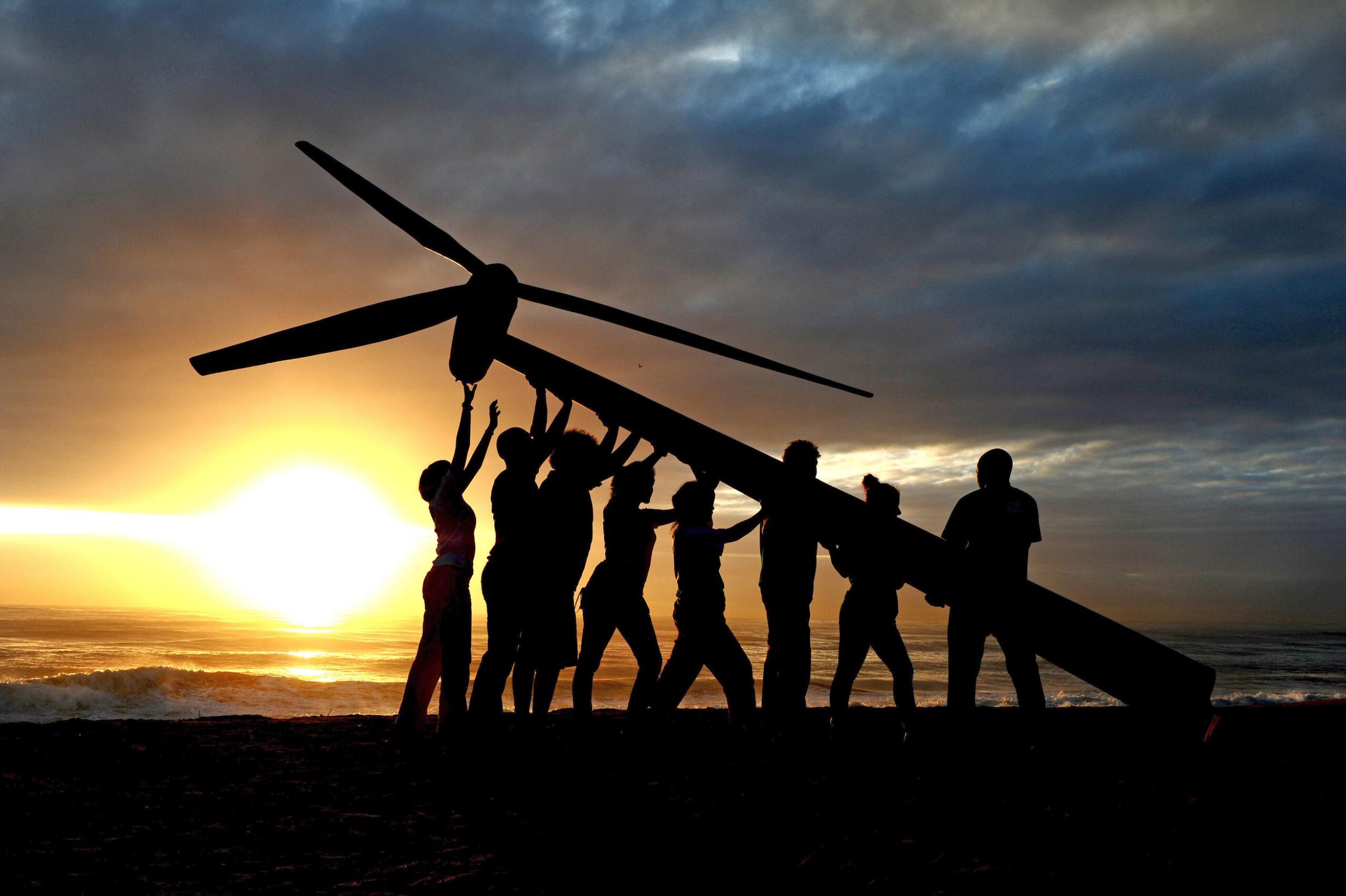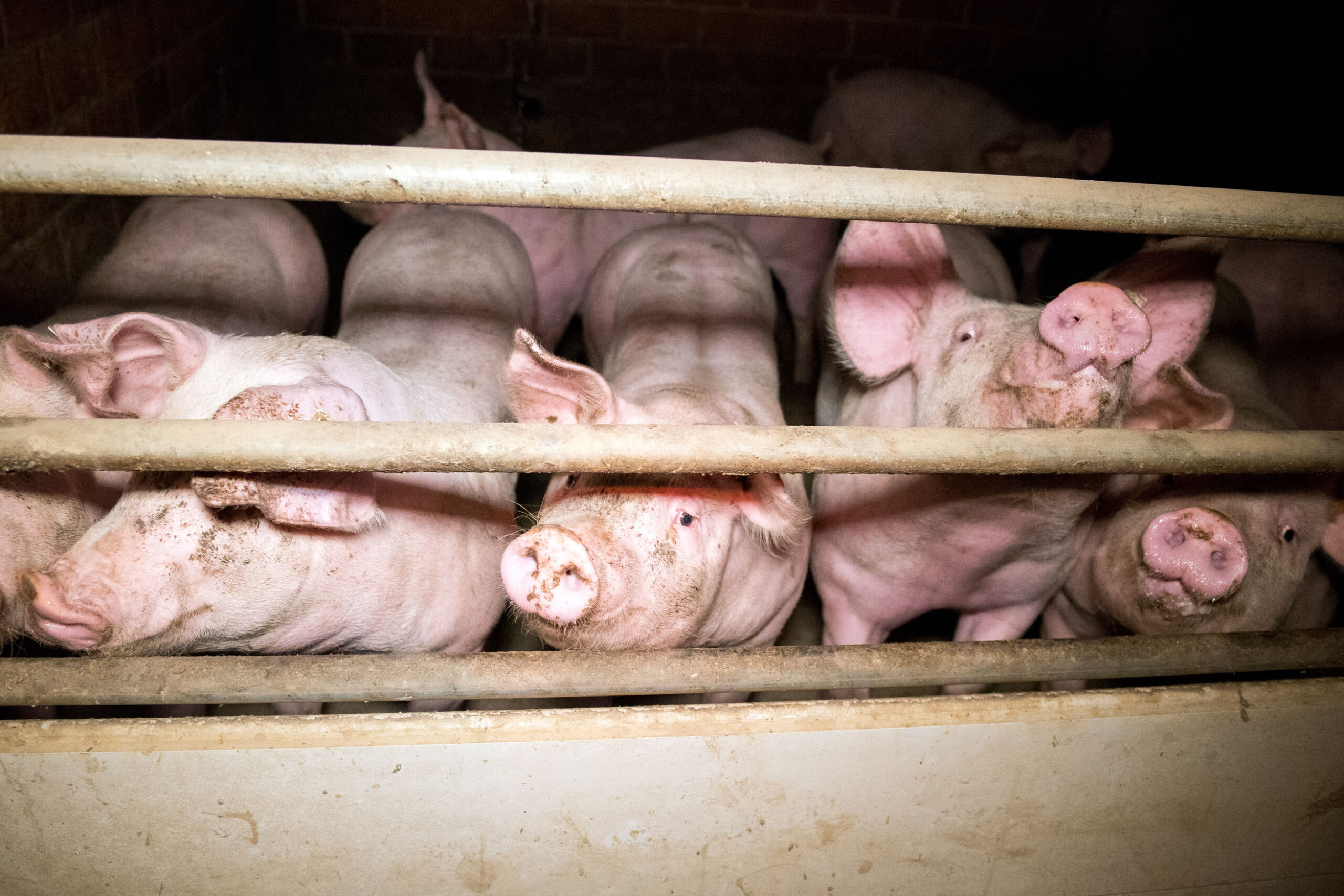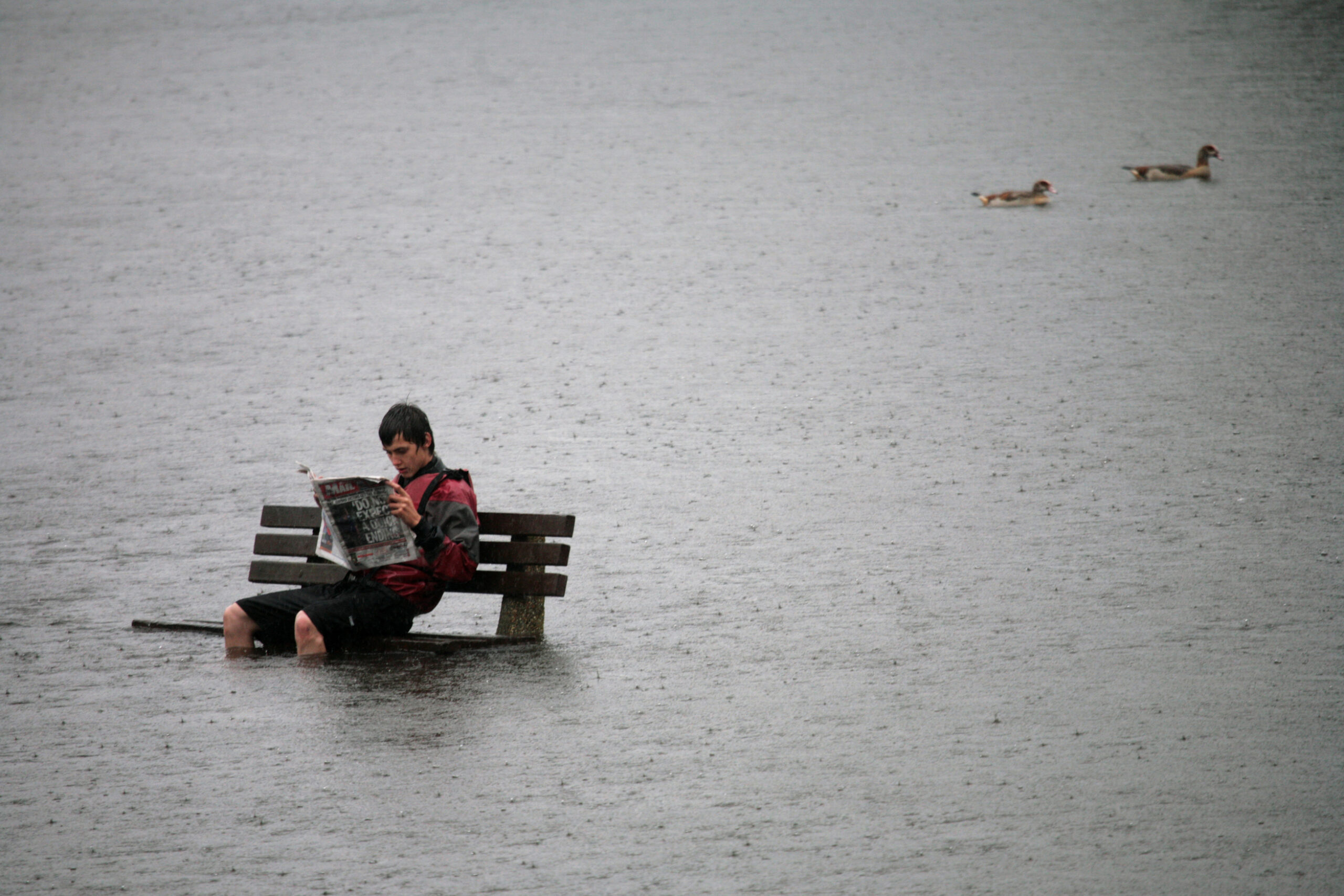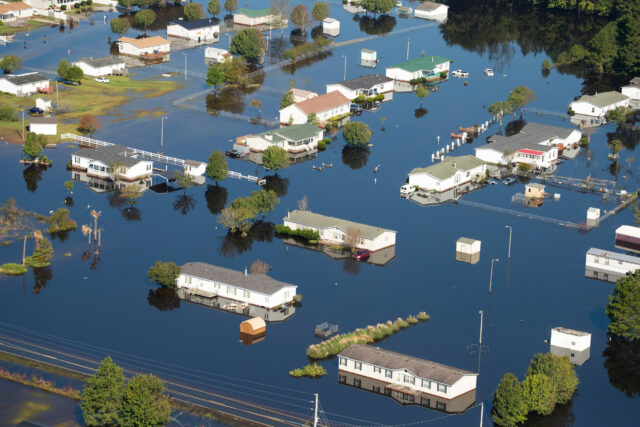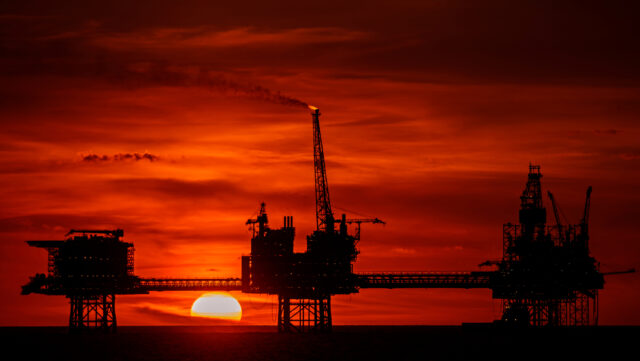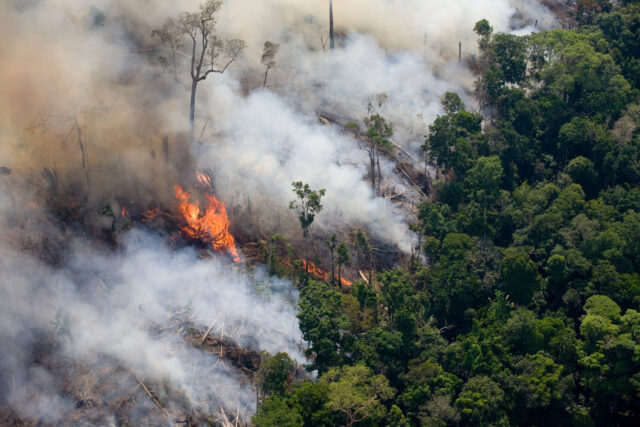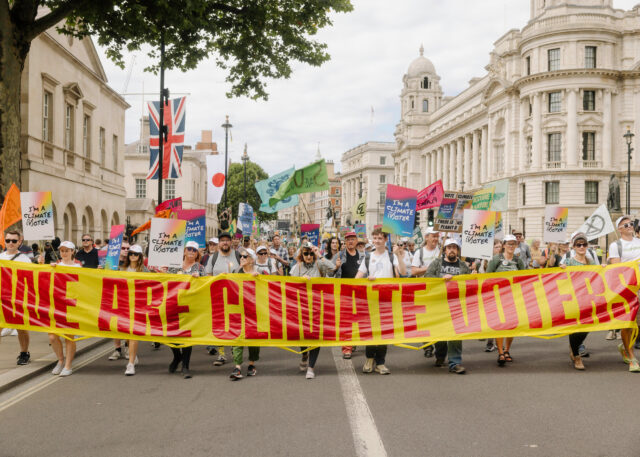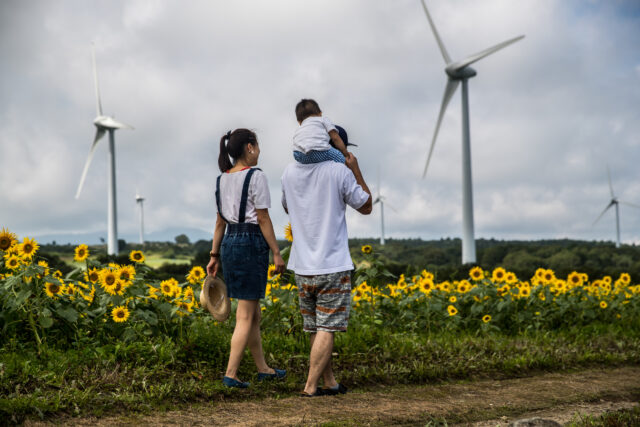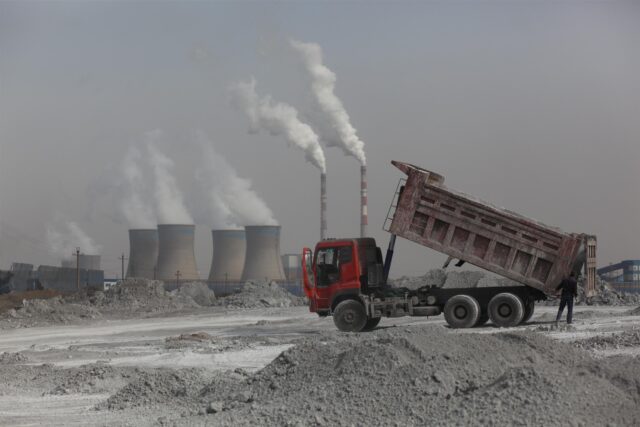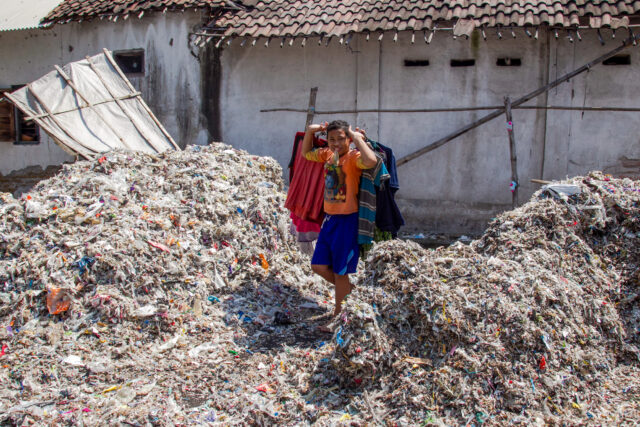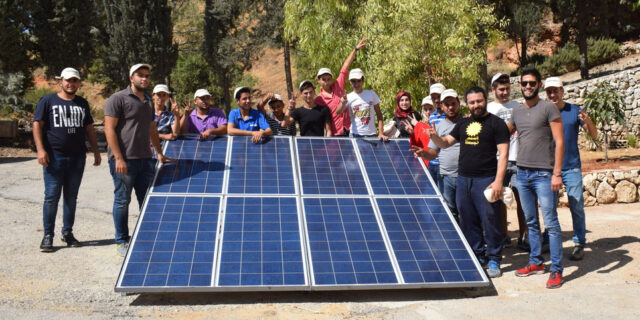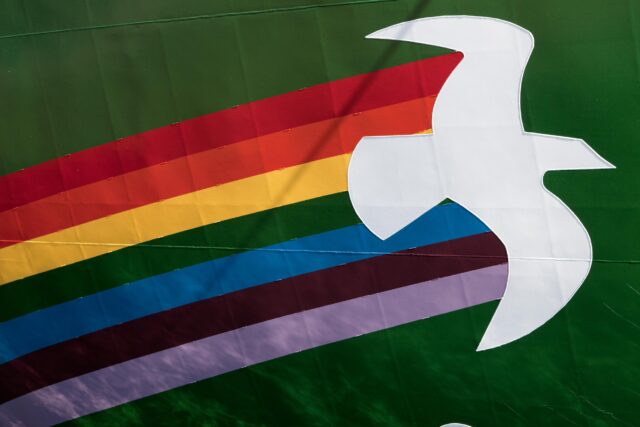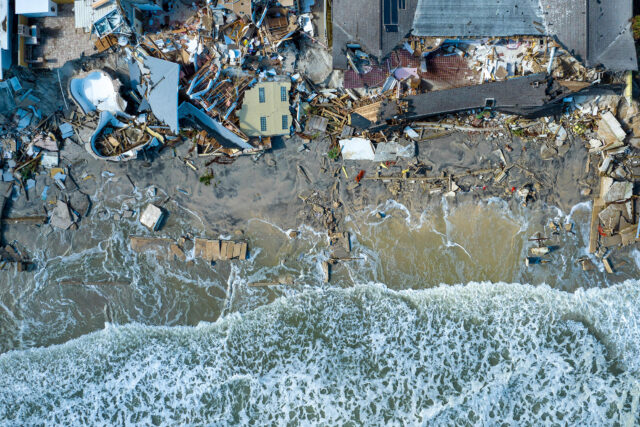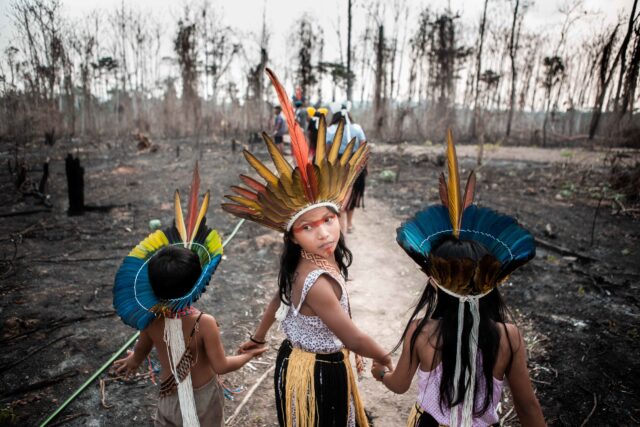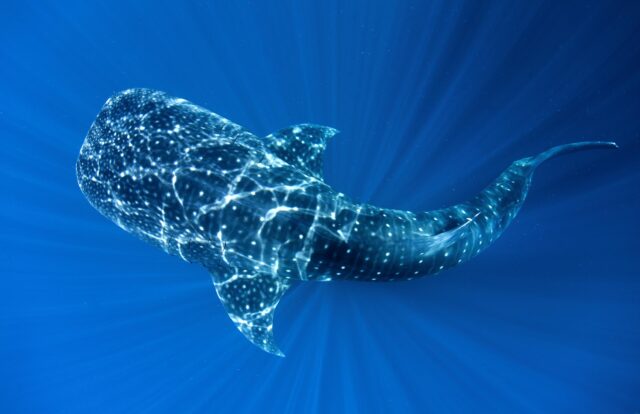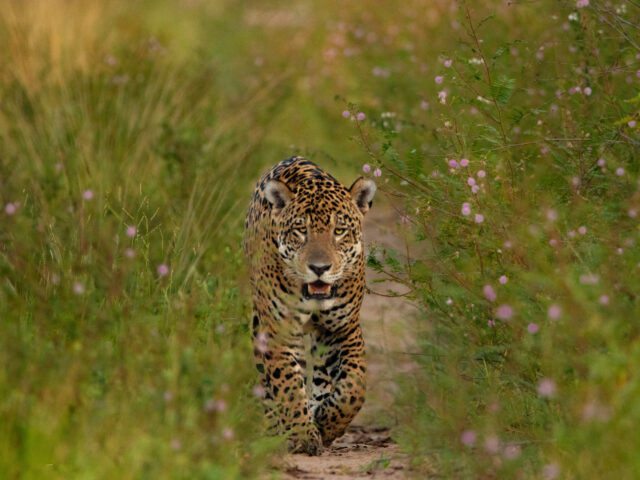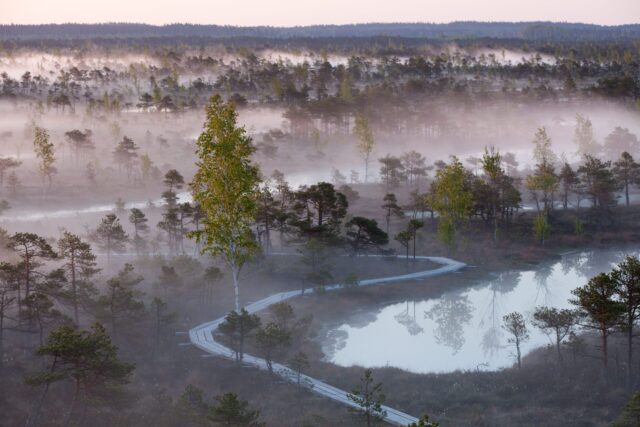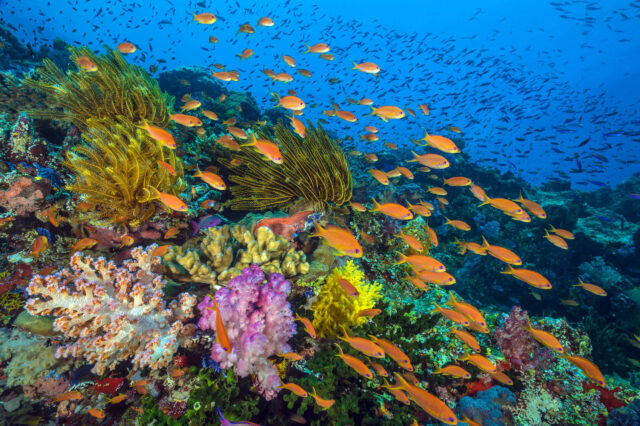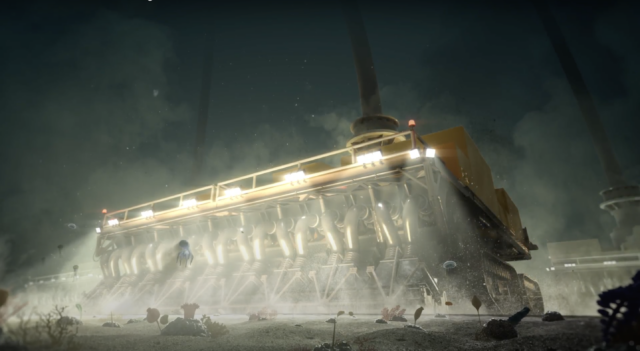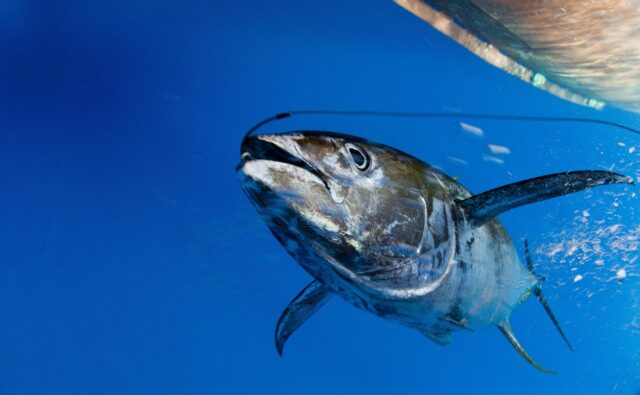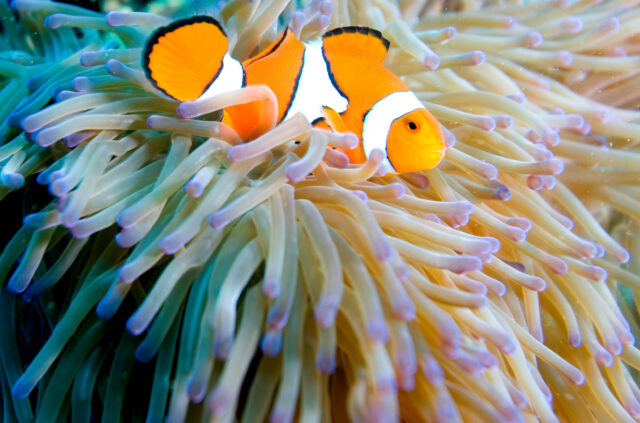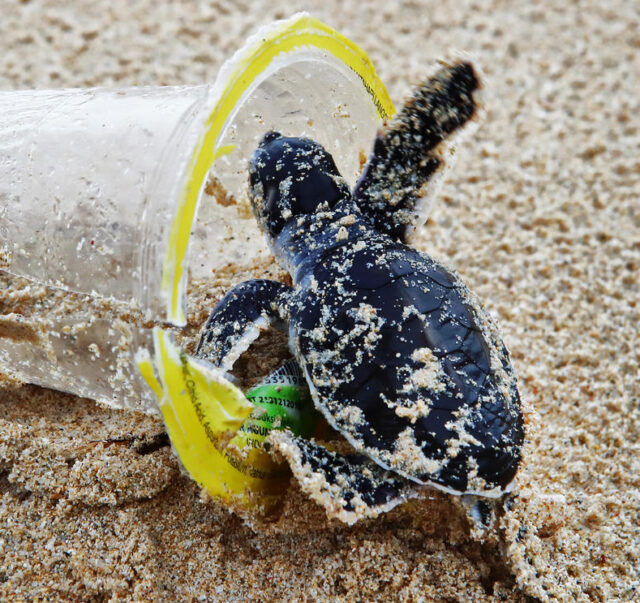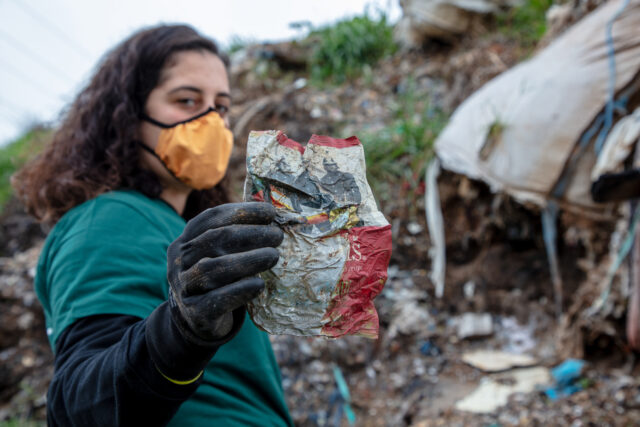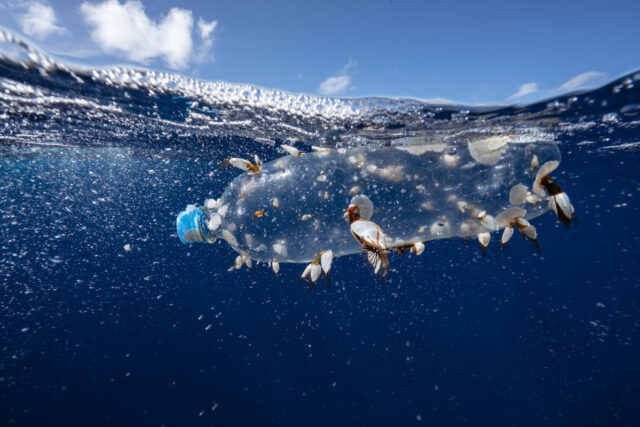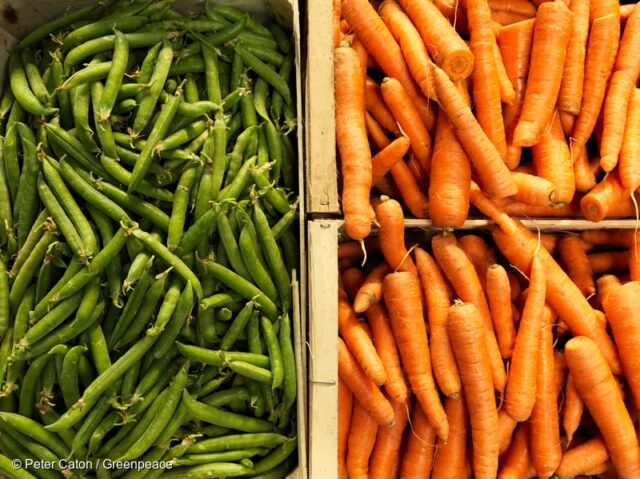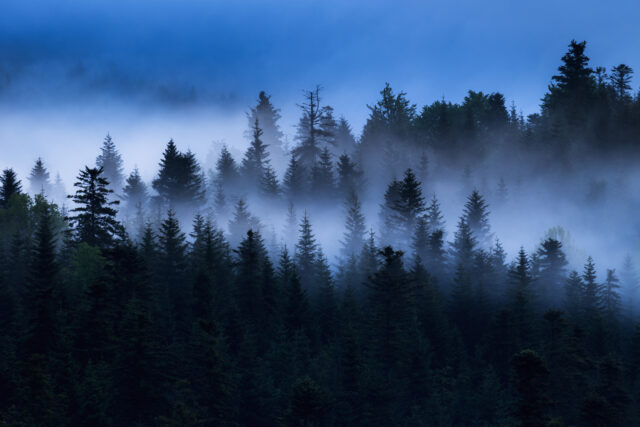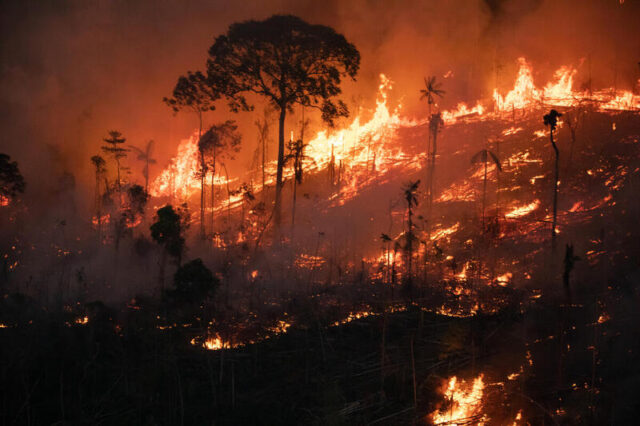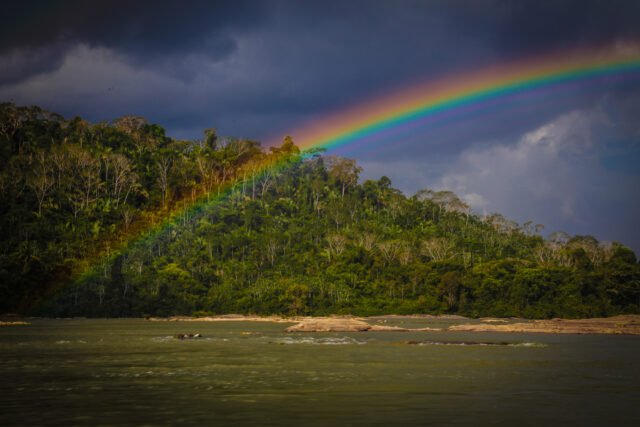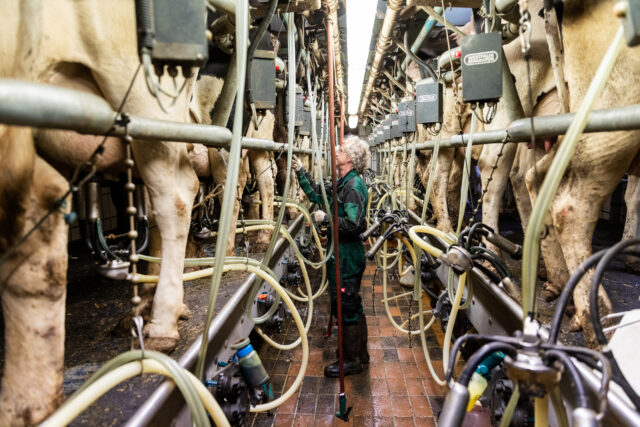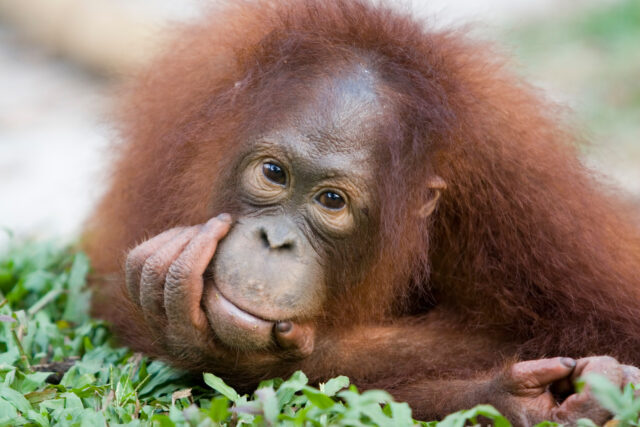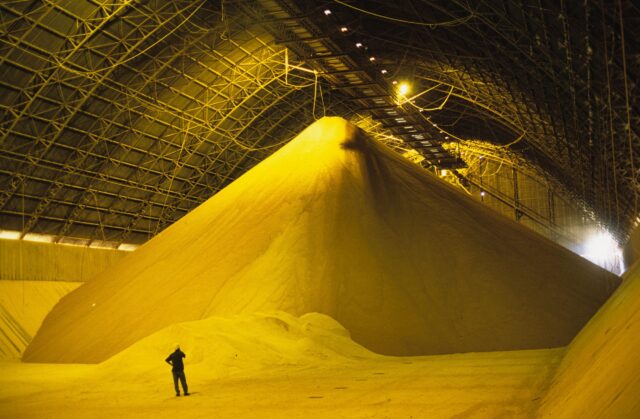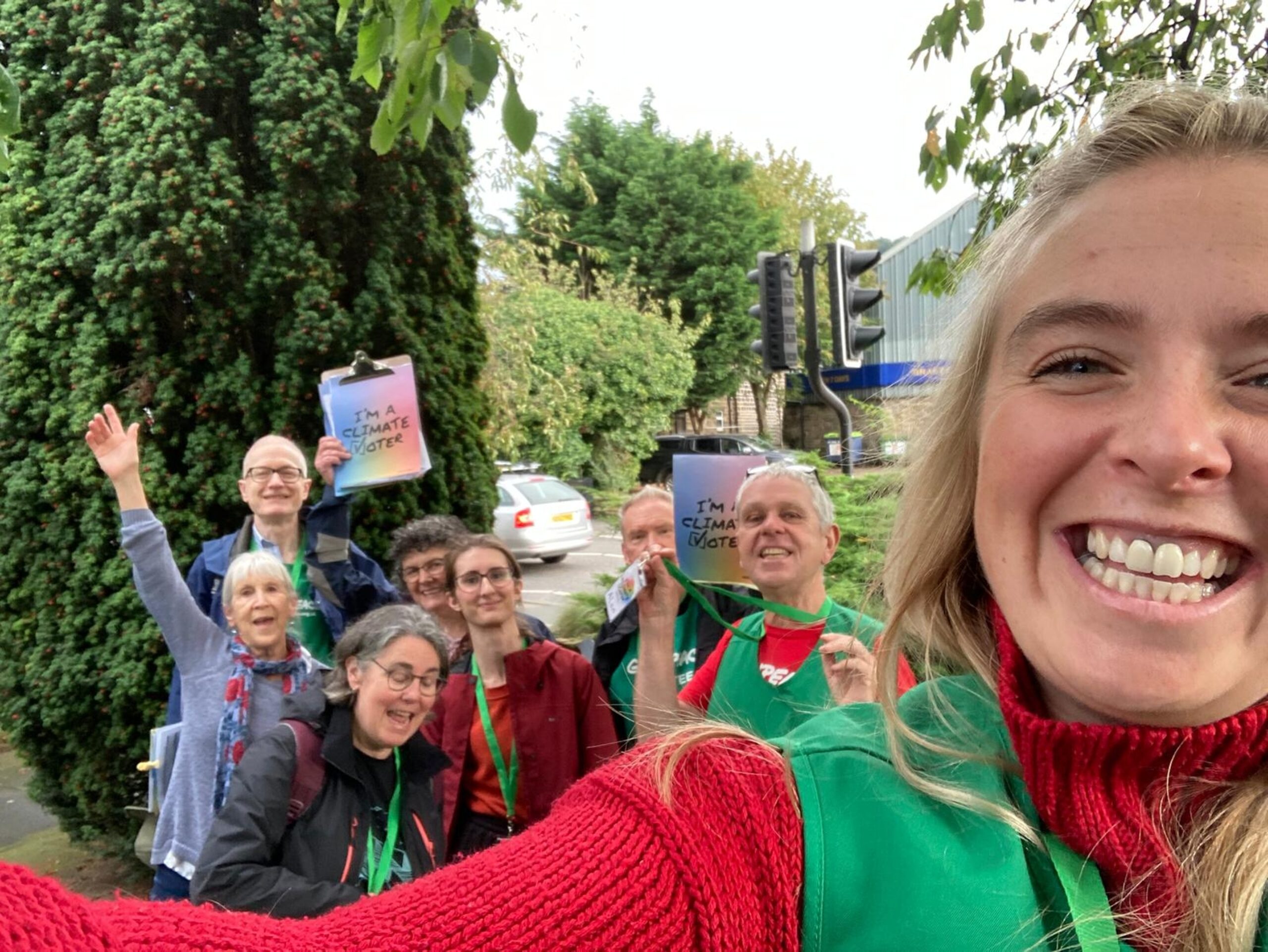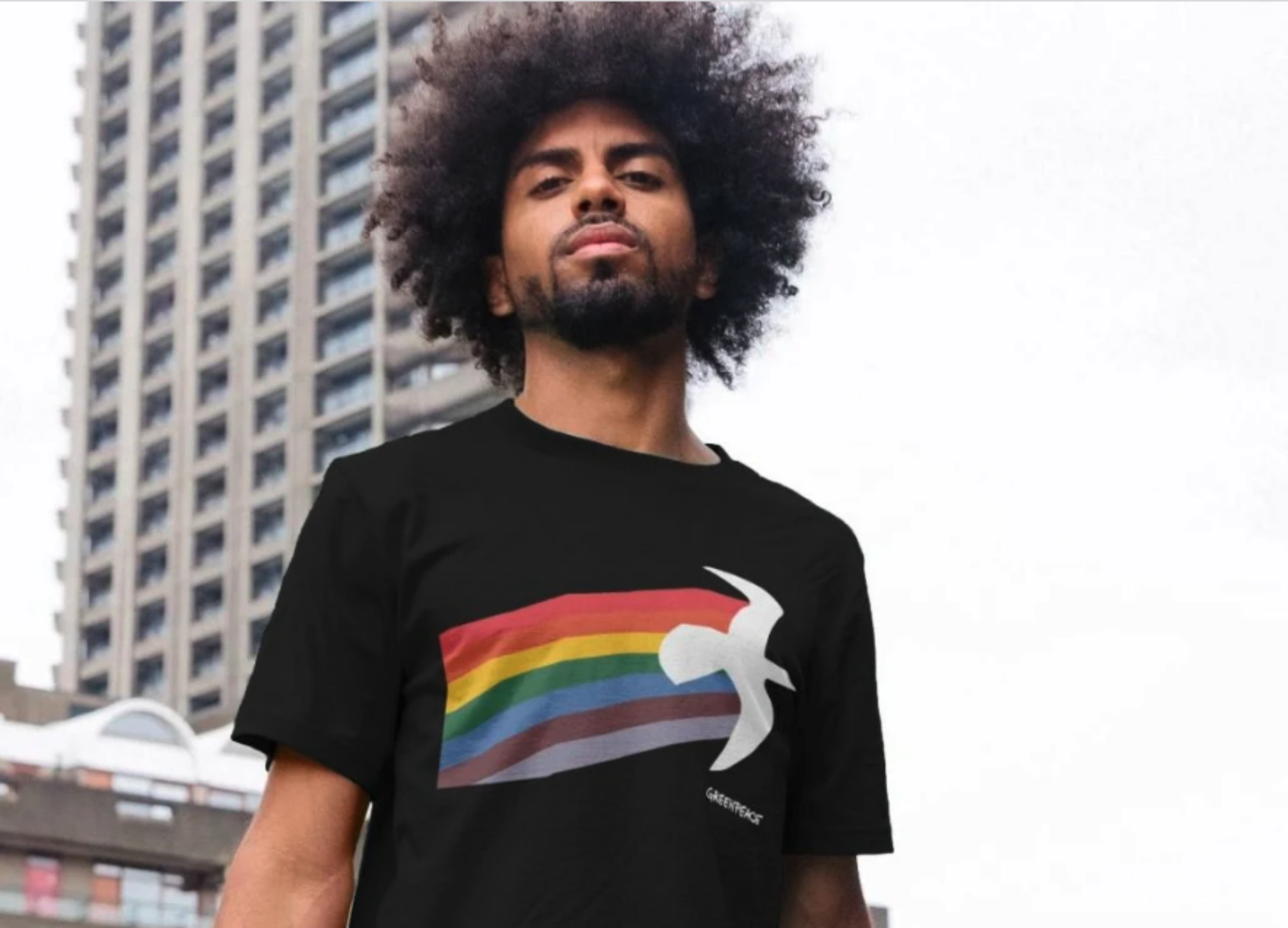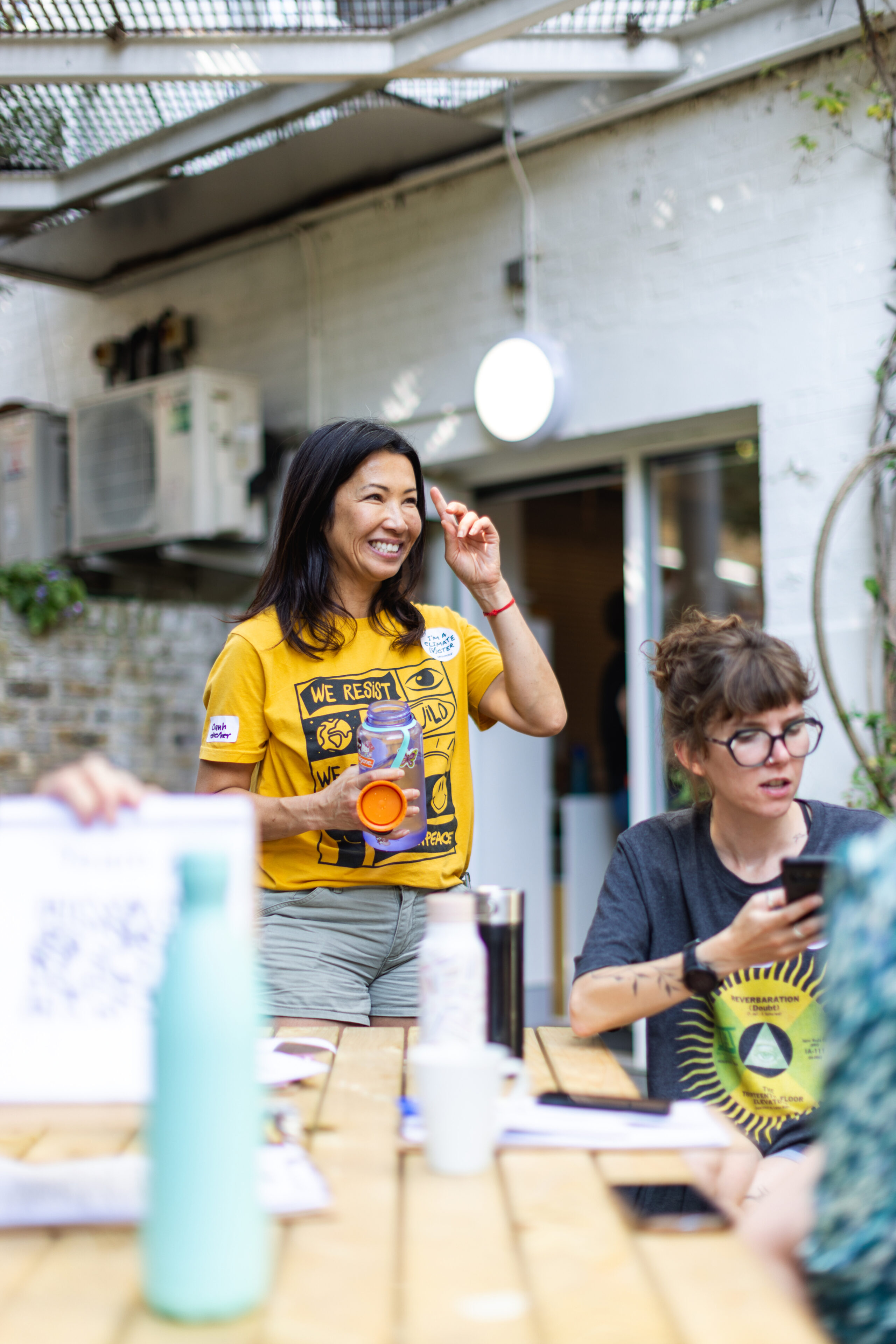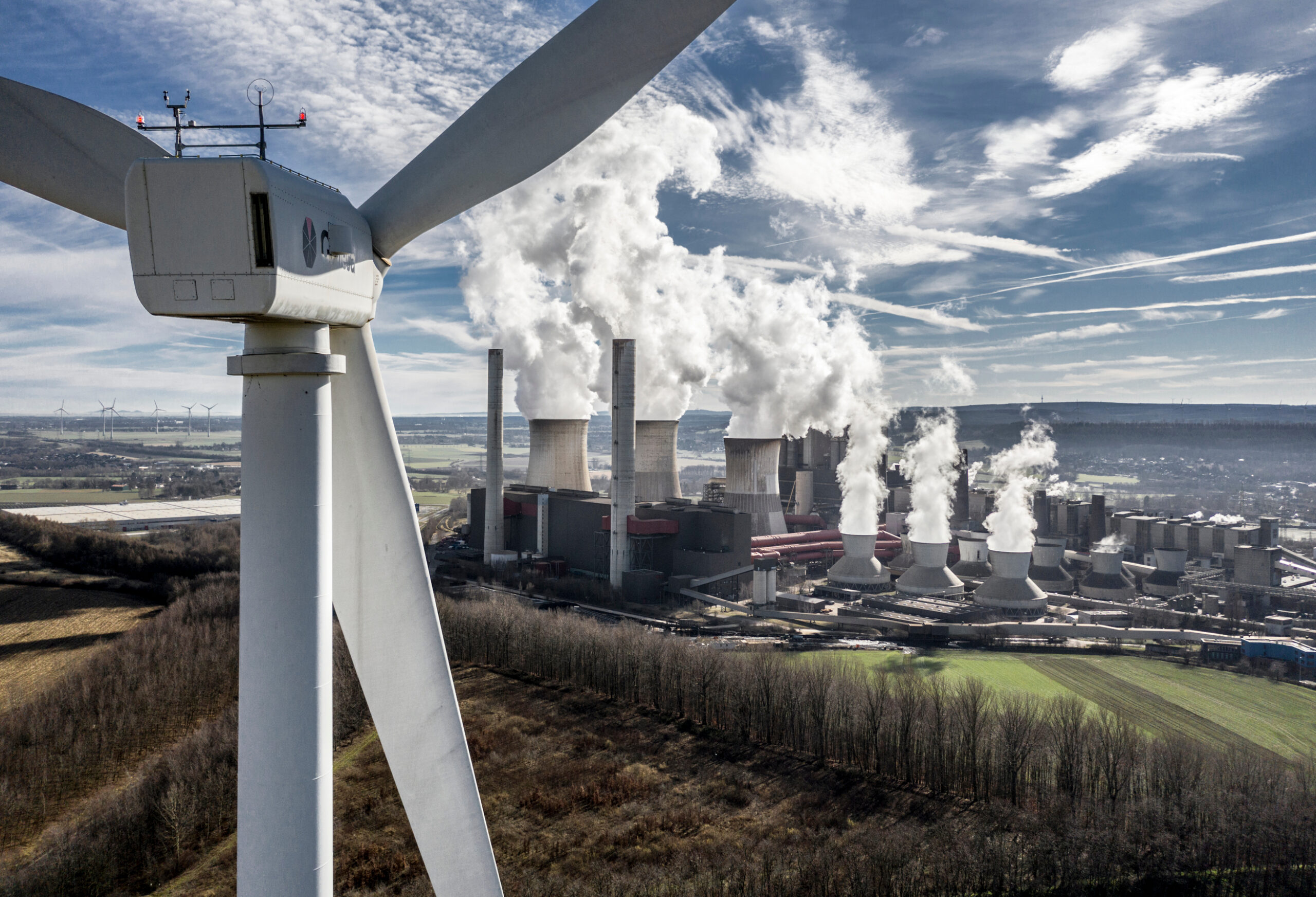
Explore the issues
Get up to speed on the biggest issues facing our world – and learn about the most promising solutions.
Looking for in-depth analysis? See Greenpeace’s reports, investigations and briefings.
The climate crisis
Climate change can be overwhelming, but you don't need to be an expert to make a difference. Let's break down the key issues.
A fairer future
Protecting the planet means protecting the people who live on it. If we confront injustice and prioritise fairness in the green transition, we can build a better world for everyone.
Protecting wildlife and biodiversity
Biodiversity is one of the most important ideas for anyone who cares about the natural world. Let's explore what it means, and why it matters for all of us.
Protecting the oceans
Our planet is 70% oceans and seas, but only a tiny fraction is currently protected. We need a global network of ocean sanctuaries to protect oceans from overfishing, oil drilling and plastic pollution.
Stopping plastic pollution
Plastic is an amazing material, but we're using it wrong. Overproduced and carelessly discarded, plastic pollution harms people and wildlife alike. It's time to rethink our relationship with plastic.
Protecting forests
Forests are home to extraordinary wildlife and unique Indigenous cultures, and they're essential in the fight against climate change. But the world's forests are under threat from deforestation for industrial meat, palm oil and logging.
Fixing the food system
Modern industrial farming practices, especially for meat and dairy, are causing huge environmental damage, squeezing out wild animals and accelerating climate change.
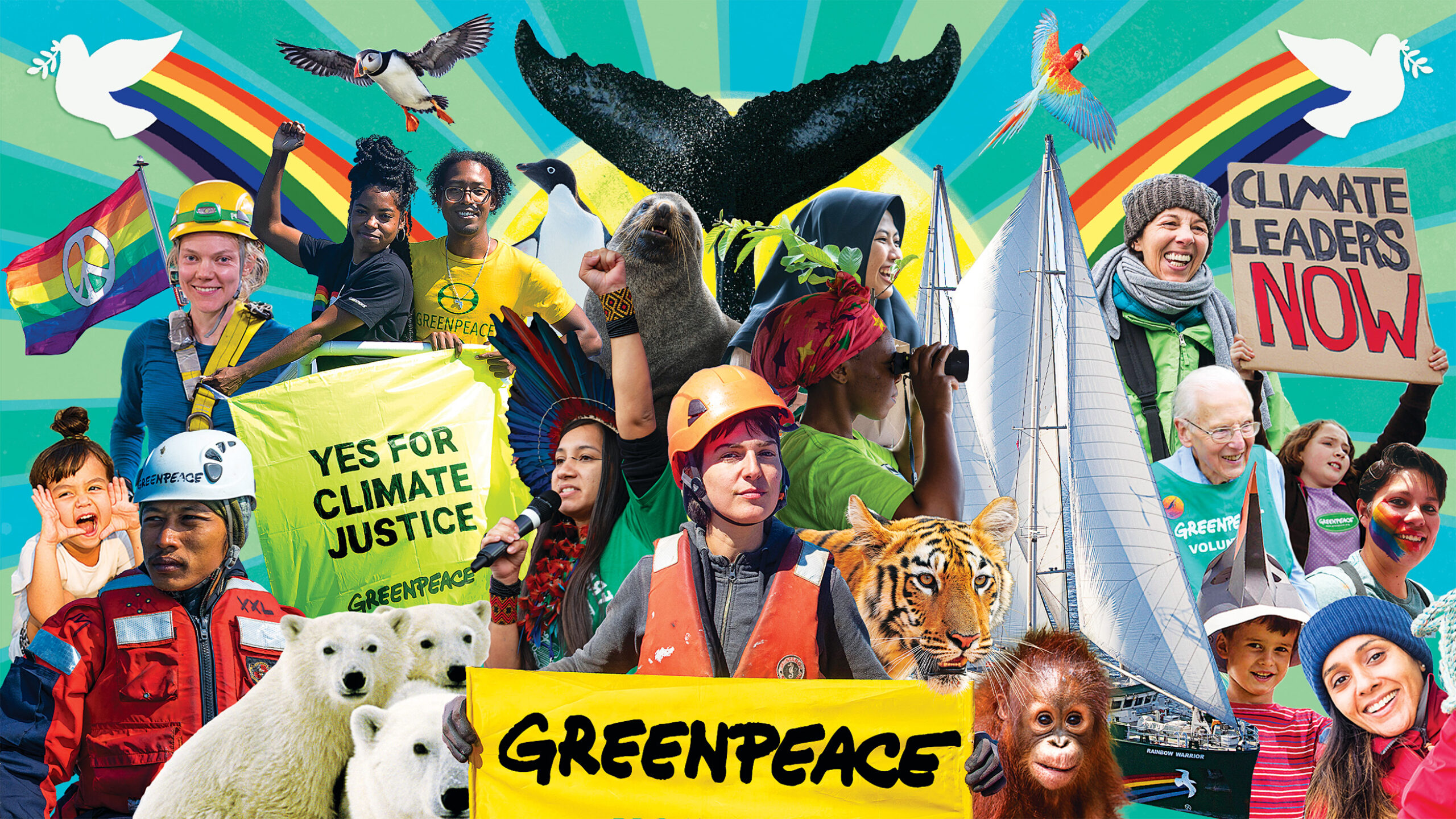
Change the world with us
Together we can take on the world's worst polluters and solve its biggest problems. See how you can get involved.
